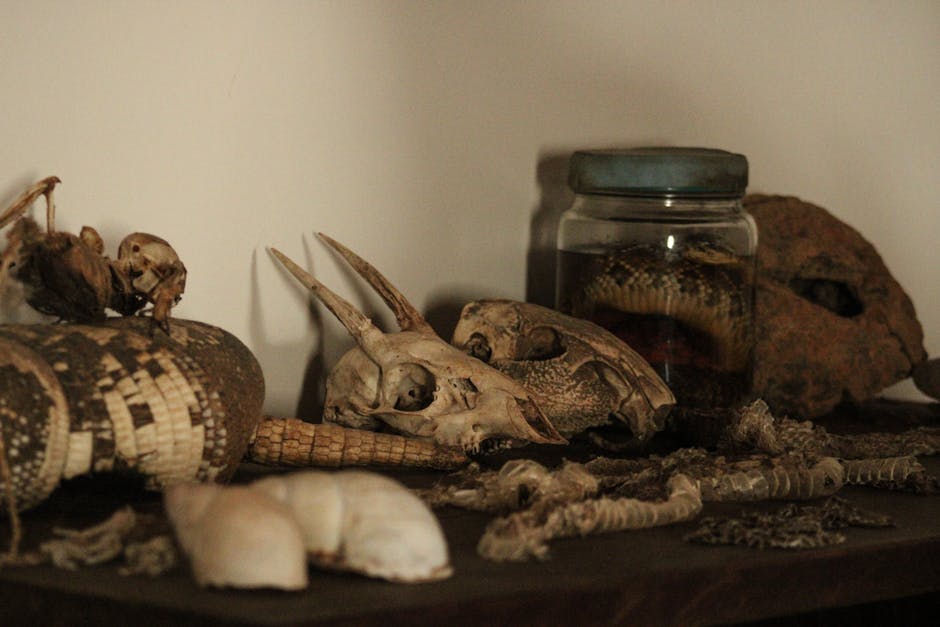History and archaeology, often perceived as academic disciplines focused on the past, possess a surprising capacity to cultivate empathy within their practitioners and, potentially, in their audiences. While not a guaranteed outcome, the study of human societies across time and space can spark a profound understanding of diverse perspectives, fostering a connection with the experiences of others that transcends geographical and temporal boundaries. This article will delve into the mechanisms through which historical investigation might cultivate empathy, exploring the nuances of this relationship.
A critical component of fostering empathy in historical study lies in the meticulous reconstruction of past lives and societies. Historians and archaeologists alike must grapple with the challenge of interpreting fragmented evidence, piecing together narratives from scattered artefacts, written documents, and oral traditions. This process inherently necessitates stepping into the shoes of those who lived in the past, endeavouring to understand their motivations, beliefs, and values. For instance, studying the daily routines of medieval farmers or the intricate social hierarchies of ancient Rome demands a conscious effort to move beyond present-day assumptions and appreciate the contextual realities of those eras. By engaging with the specifics of their lives their struggles, their triumphs, their hopes and fears researchers are forced to confront the universality of the human condition, recognizing that fundamental aspects of human experience remain remarkably consistent across millennia.
A further catalyst for empathy in these fields is the acknowledgement of diverse narratives and perspectives. Often, history has been written from a dominant perspective, neglecting or silencing the voices of marginalized groups. Contemporary historical research, however, prioritizes incorporating the stories of women, indigenous peoples, enslaved individuals, and other underrepresented communities. Archaeological discoveries, too, can offer invaluable insights into the lives of those previously unseen, revealing subtle expressions of culture and identity that might otherwise remain hidden. For example, the study of burial practices can illuminate the social status and beliefs of marginalized groups, allowing researchers to connect with experiences previously overshadowed. This conscious effort to incorporate diverse viewpoints serves as a vital step in developing empathy, acknowledging the breadth and depth of human experience.
Moreover, the study of historical change and continuity offers profound opportunities for understanding different worldviews. By examining the shifts in societal structures, beliefs, and practices over time, historians and archaeologists can uncover the factors that shaped the actions and choices of past communities. This perspective allows a more nuanced appreciation for the context surrounding past events, revealing not just the “why” behind actions but also the “how” of their justifications. The transition from hunting and gathering societies to agricultural communities, for example, represents a fundamental shift in human relationships with the environment, a shift that demands an empathetic understanding of both the motivations for change and the social consequences that followed.
An important consideration within the context of empathy is the ethical responsibility of historical inquiry. Historians and archaeologists are not just dissecting the past; they are actively engaging with human remains and artefacts, preserving a legacy that shapes present understandings and future interactions. The ethical implications of their research demand a critical awareness of potential biases, power imbalances, and the possible misinterpretations or misrepresentations of past societies. A crucial part of fostering empathy, then, is a commitment to ethical practice, ensuring research respects the dignity of past individuals and communities and acknowledges the lingering effects of historical injustice.
However, it is vital to recognise that historical study is not a guaranteed pathway to empathy. Objectivity in historical research is an ongoing aspiration, not a fixed reality. The interpretations placed on historical evidence are inevitably shaped by the researcher’s biases and the prevailing socio-political context. Subjectivity, therefore, plays a crucial role, and it is imperative to acknowledge and address these influences in order to engage in empathetic inquiry. This necessitates critical self-reflection, constant dialogue within the historical and archaeological communities, and a rigorous approach to examining existing narratives.
In conclusion, the study of history and archaeology can undoubtedly serve as a powerful catalyst for cultivating empathy. The reconstruction of past lives, the acknowledgement of diverse narratives, the exploration of historical change, and the ethical consideration surrounding inquiry all contribute to a deeper understanding of human experience. While empathy is not an automatic outcome, a thoughtful and rigorous approach to these fields can contribute significantly to fostering a greater sense of shared humanity, thereby enhancing our ability to engage with the world in a more compassionate manner. The challenge, therefore, lies not only in the meticulous study of the past but also in the conscious application of its lessons to the present. Empathy, in the context of history and archaeology, is not simply a feeling; it is a critical tool for understanding and a vital step towards building a more equitable and interconnected future.
